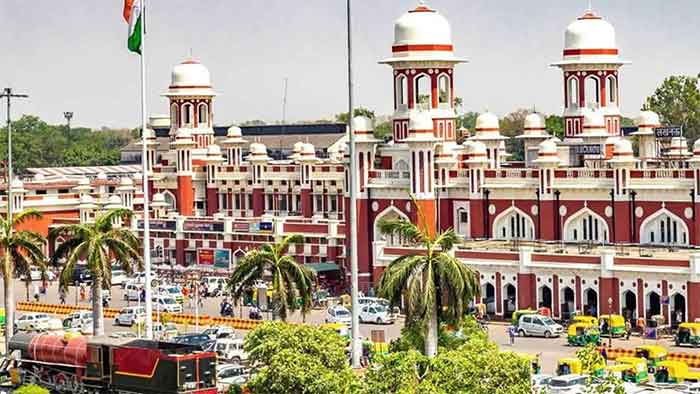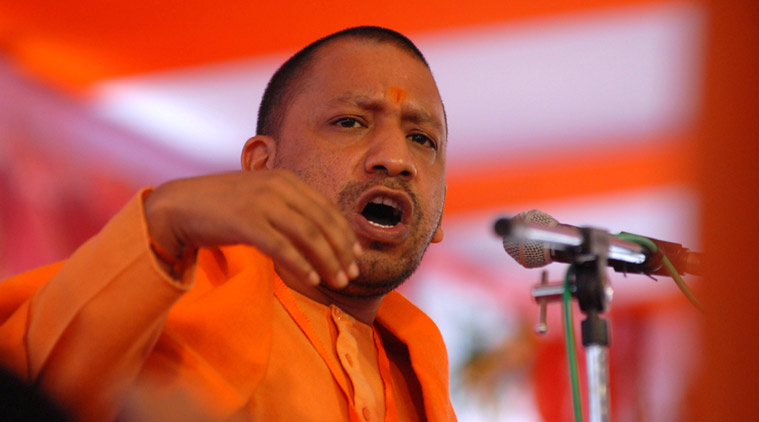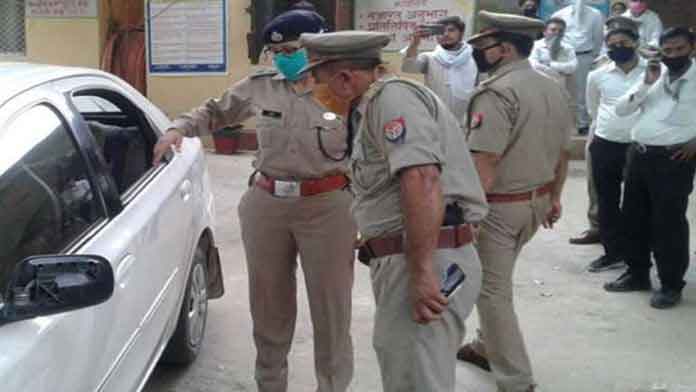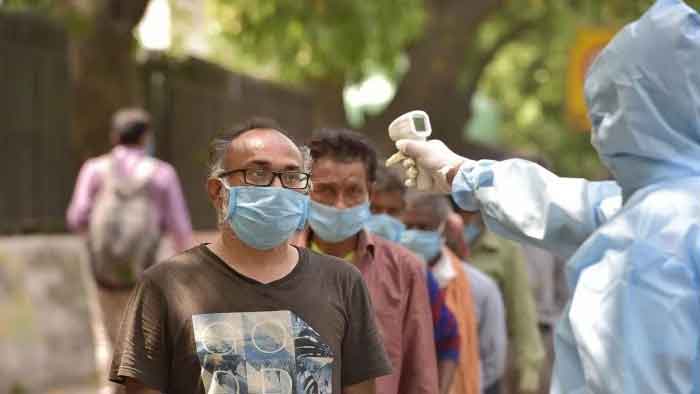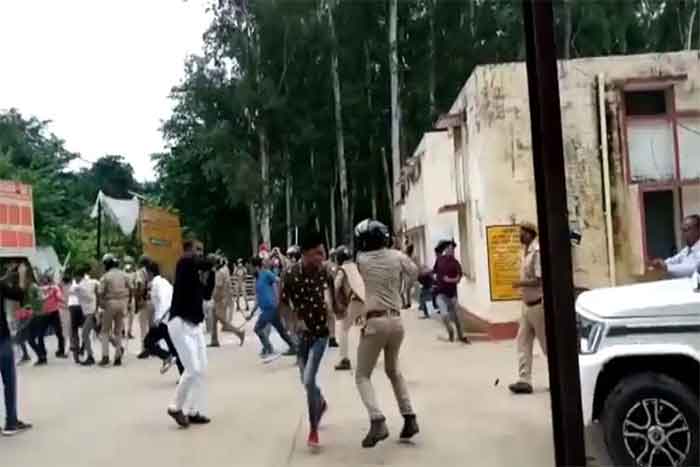
While violence, intimidation and other more obvious aspects of irregularities which marred the recently held three-month long Panchayati Raj (PR) elections in India’s most populous state of Uttar Pradesh (UP) are now widely known, there is still urgent need for a more formal and detailed inquiry into various worrying aspects of these elections. There are four obvious reasons for this.
Firstly, the more obvious violence and intimidation, as captured on videos, were only one part of the many-sided violations of democratic norms. Other glaring aspects, such as the big role of money and corrupt practices, do not come with such ready proof. In fact, some less visible aspects even of intimidation have not been adequately covered in media yet, including the misuse of the officialdom for this.
Secondly, the Assembly elections are due in a few months time and to check further erosion of democratic norms in a very important state such a report as a reference document will be very useful.
Thirdly election discourse is dominated by State Assembly and Parliamentary elections and elections of rural decentralization institutions do not get the attention these deserve despite being closest to the concerns of people and despite their obvious importance in a democracy where over two-thirds of the people live in rural areas. Such a report will help to fill this gap at a critical time. On the other hand if such a report is not prepared, then in keeping with the previous record these rural decentralization elections will also be forgotten soon despite the great importance of what happened in these elections.
Last but not the least, such a detailed report will be very important for understanding what kind of reforms are needed for reducing the possibilities of serious irregularities . Clearly such reforms are badly needed. Suggestions for important reforms which emerge from such an inquiry report will also have a wider relevance beyond the state.
The inquiry report should be prepared by a committee of very senior persons who are well-equipped to deal with the deeply troubling issues and who also have a previous record of taking up public interest causes in independent ways . It will be useful if the committee can comprise of a retired Election Commission official, a retired judge , a retired police officer, a retired and experienced representative of rural decentralization institutions , a senior democracy activist and one person with the technical skills of photography, audio and video recording. One wonders if the government will ever appoint such an inquiry committee with all the due sincerity , and if this appears most unlikely, then perhaps such a process can be initiated by the judiciary.
A different possibility can also be explored at the level of senior academics who have been involved for several years in the study of rural decentralization in India . Such an effort will certainly not be easy and may even be very risky in existing conditions, but certainly it will be very useful.
If such an inquiry report is to be prepared then this should be ready and placed in the public domain within about three months or four months at the most , keeping in view of the urgency of the issue.
The terms of reference of such an inquiry should be as comprehensive as possible. The entire election process should be examined. Apart from the role of violence and intimidation, the role of money and corrupt practices should also be examined in detail at the level of all the three tiers of village, block and district elections. As most problems are emerging at the level of electing block pramukhs and district panchayat presidents, this aspect should receive more attention.
Whether and to what extent the official machinery was misused in these elections, what kind of instructions are given for this ad whether there is any resistance to such misuse should also be explored in detail in the inquiry report. The role of various important democratic institutions like the election commission and the media can also be included in the study. It can be specifically examined that when various serious violations were being widely reported and were well in the public domain, what kind of action was taken at the level of various relevant authorities and those in-charge of holding and overseeing elections on this. Were written complaints submitted and what is the action taken status of these? Is it true that some political parties took a deliberate decision on remaining away from certain phases of PR elections and if yes, what were the reasons of this? How many of the large number of candidates who withdrew their nominations did so under the influence of intimidation and threats or corrupt practices? Many of these aspects are not yet clear from the media coverage and an independent, comprehensive report can be very useful in understanding these important aspects and taking remedial action based on this.
This report should also seek the opinion of officials, panchayat raj representatives and independent experts regarding the kind of reforms that can help in reducing all these problems. For example, one possible reform can be that the elections for district panchayat presidents and block pramukhs can also be held directly and all the rural voters can vote for filling these posts.
Last but not the least, some organizations of teachers have complained that a large number of teachers who were assigned election duties at a time when excess mortality was rising did not have adequate protection and died. This allegation should also be examined in this report, as also whether the families of those who suffered in this way or in the form of serious illness were compensated to the extent possible by the government.
Bharat Dogra is Honorary Convener, Campaign to Protect Earth Now. His recent books include Man and Machine ( Gandhian Ideas) and biographies of freedom fighters, including When the Two Streams Met.

